
At night, the new logo was shown in Frankfurt, the logo on the VW model in Wolfsburg will be switched to the new
Volkswagen is transforming its entire business, including a rebrand with a new logo next week
Volkswagen will unveil new corporate identity along with key ID 3 electric cars at the Frankfurt Motor Show next week as it attempts to draw a line under the fallout from the dieselgate scandal.
Revelations in October 2015 about how the firm changed diesel emissions testing prompted a clear-cut exit from the leadership team, and prompted significant investment in electrical technology. The first result to become ID 3, the first vehicle based on the VW Group, is an electro-only platform, meb.
The name 'new Volkswagen' design revamp goes well beyond the new logo. The company's COO Ralf Brandstätter calls it a "turning point" as significant as the new-car launch.
The roots of the 'new Volkswagen' began after a board meeting after Herbert Diess was taken over by the firm's best role due to the crisis. At this meeting, Volkswagen looked beyond Dieselgate, to lower profitability of a number of models, to the upcoming EU 95g/km emission targets and to fight the firm in key regions such as the US.

The result was a 2025+ transformation plan, under which several models were retired, and additional emphasis was placed on expanding the Volkswagen Group's SUV range. Diess also endorsed the development of a meb platform and push for electric vehicles, along with heavy investment in digital services.
The changes went even deeper: the firm spun off its component division and worked to cut the complexity of its lineup (reduce the number of parts offered, balancing its global lineup by 50% and engine and box options by 40%). These changes have already increased Skoda's profit from 1,8% in 2015 to 5,2% in the first half of this year.
Brandstätter also said the firm has introduced "fundamental cultural changes," with a more open attitude underpinned by a new internal "integrity" program designed to stop Dieselgate from repeating itself.
Brandstätter said: “It starts with the leaders: we lead by example. Everyone can stand up and speak out. As managers, it's up to us to listen and respond."
The first phase of the 2025+'s 'mount' VW transformation - and rebranding - is the culmination of the starting point for the next step.
Volkswagen's first goal is to become the market leader in electric vehicles, with the goal of selling one million a year by 2025. Brandstätter calls it “the guiding light of our strategy” and the key will be economies of scale included as a flexible furniture and bulk purchasing platform for the power firm when it comes to batteries.
The goal is to produce 15 million vehicles - more than 20 different models - for the first generations of vehicles, using eight plants around the world. Brandstätter's ultimate goal is “emission-free mobility for all” – not only with a fleet of electric vehicles, but also a pledge for carbon-neutral production.
“When we compiled Transform 2025+ in 2015, we had no idea of the extent to which the social debate would shift towards climate change,” said Brandstätter.
There is a risk for VW here Dieselgate helped fuel opposition against the combustion of cars with such engines. Brandstätter called the “hard lessons” the company learned and that “our big size means responsibility”. The firm estimates that overall operations are responsible for 1% of global CO2 production.
VW is also committed to increasing the 'digitization' of its products and companies – including its customer interactions and has invested £3,6bn into this.
That includes a huge push to interact with customers online directly, starting with the pre-order process for ID 3. Volkswagen customers will be provided with an online 'ID' as a first step into a new sales model next year. VW has renegotiated contracts with almost every European dealer network allowing it to communicate directly with customers, effectively turning into a retailer rather than a wholesaler. That said, Volkswagen insists it will still work "in close cooperation with dealers."
The sales structure will be key to other projects, including in-car online services for the Volkswagen.OS system. It will also work with Volkswagen We, a network of services that include charging, delivery, parking and a weshare car-sharing scheme.
In a changing world, most other automakers are trying similar transformations, but few have Volkswagen's tools – or push. Brandstätter said the transformation“how we have once again earned the recognition of society”. If it succeeds, Dieselgate's disgrace to Volkswagen could be the driving force for its future success.
Details
Volkswagen ID 3 2020 review
Opinion: why Volkswagen has to reinvent its image
New Volkswagen Golf MK8: GTD variant seen for the first time
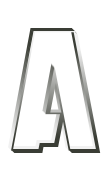


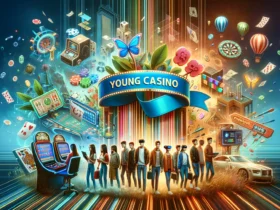


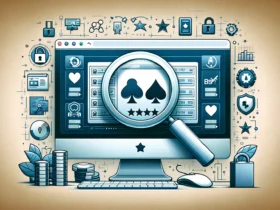

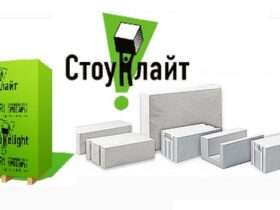








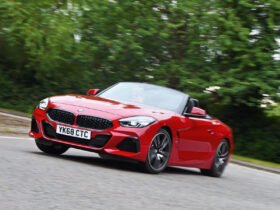

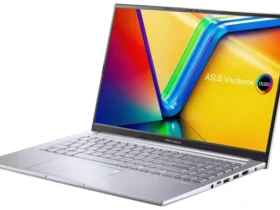
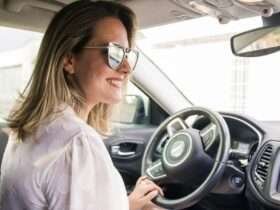
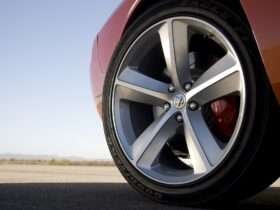
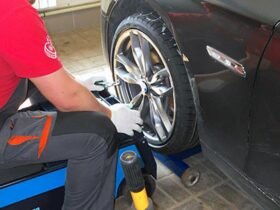

REPLY